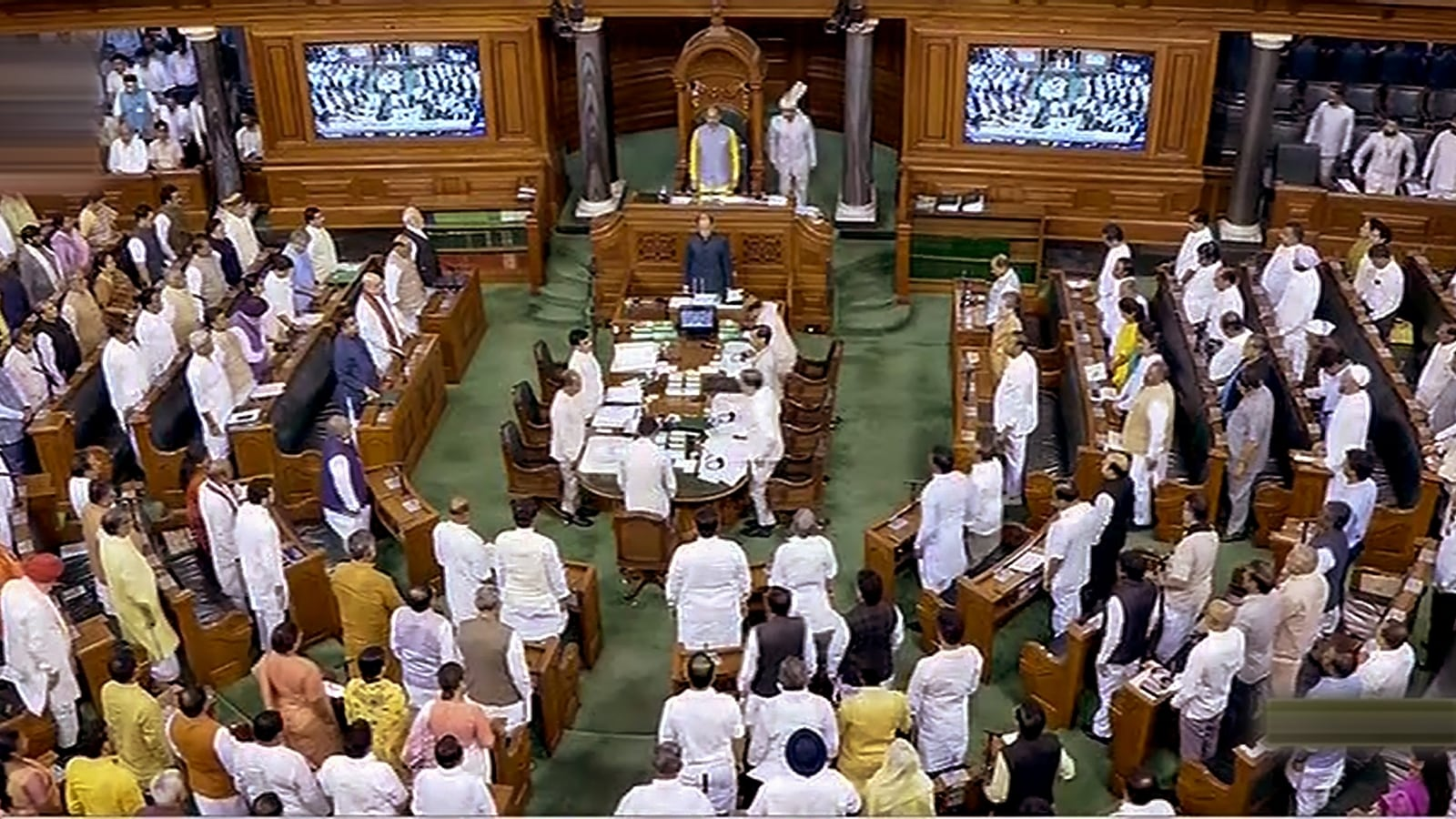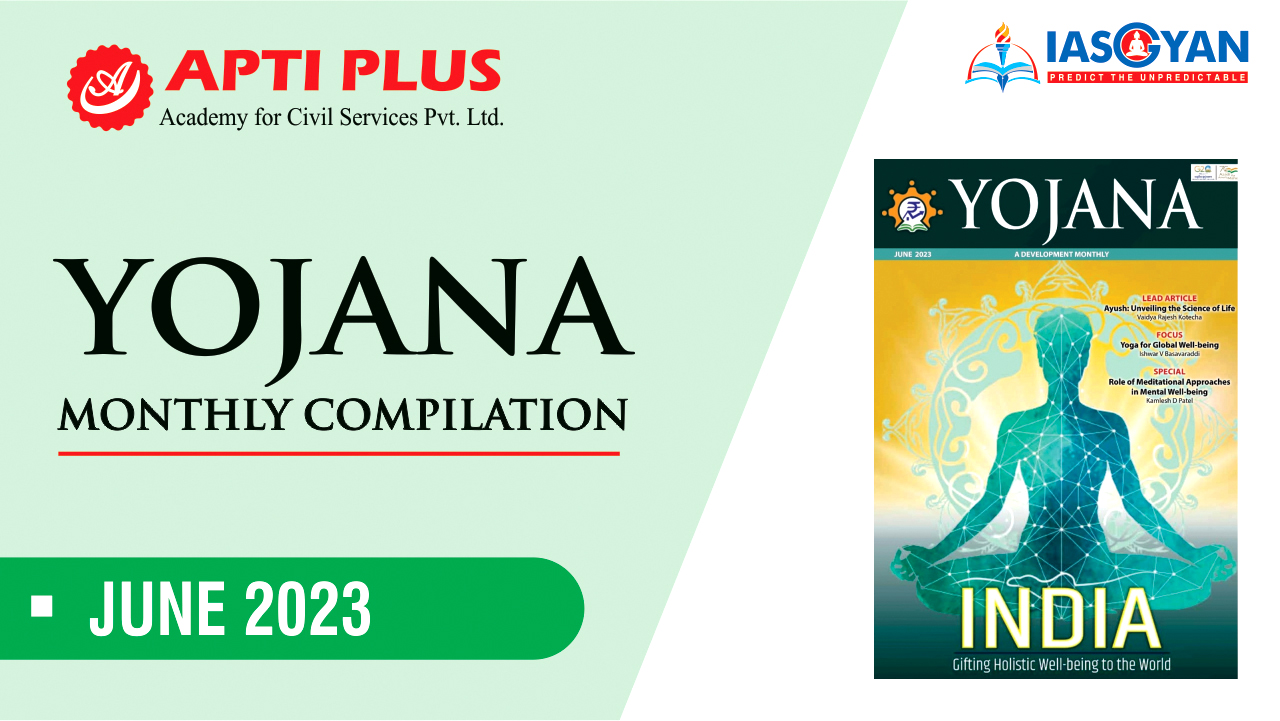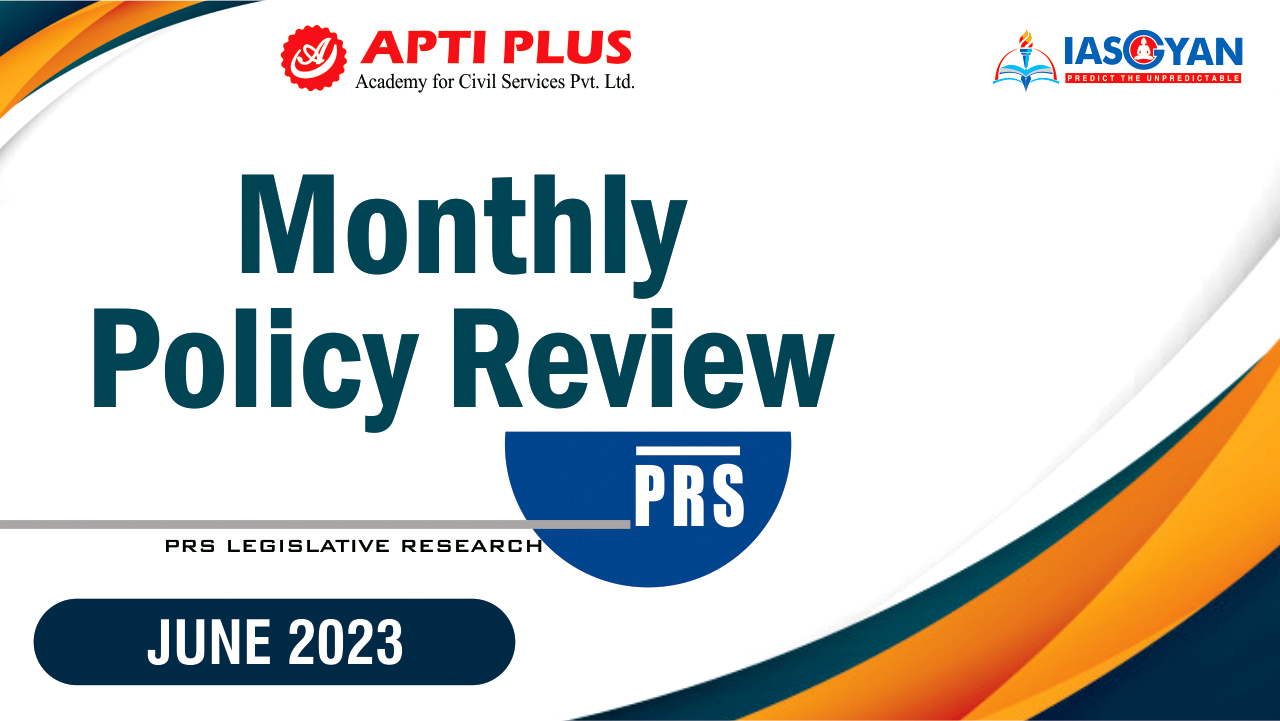Description

Copyright infringement not intended
Context: Recently, there has been a row over Rule 267 and Rule 176 as the Opposition demanded a discussion on the Manipur violence under Rule 267, while the government agreed to a discussion under Rule 176. The Opposition argued that Rule 267 was necessary to express the sense of the House on a serious matter, while the government said that Rule 176 was sufficient and Rule 267 was being misused to disrupt the House.
Details
- The opening day of the Monsoon Session of Parliament saw disruptions due to the government and the Opposition's differing views on the format of the discussion on the Manipur situation.
- The Opposition insisted on the Prime Minister making a suo motu statement, followed by a discussion under Rule 267, leading to disagreements.
- Rule 176 and Rule 267 are two different provisions in the Rules of Procedure and Conduct of Business in the Council of States (Rajya Sabha), which are used for raising discussions on urgent public matters.
Rule 176: Short Duration Discussion
Description
- Rule 176 allows any member of the Rajya Sabha to raise a short-duration discussion on a matter of urgent public importance.
Government's Agreement
- The government agreed to a short-duration discussion on the first day of the Monsoon Session. This means that they were open to discussing the urgent matter raised by the Opposition, but within the time limit of two-and-a-half hours, as specified under Rule 176.
Procedure
- The member desiring to raise the discussion must give notice in writing to the Secretary-General, clearly and precisely specifying the matter to be discussed.
- The notice should be accompanied by an explanatory note stating the reasons for raising the discussion, and it must be supported by the signatures of at least two other members.
- Once the Chairman admits the notice, the date and time for discussion are fixed, and it can be taken up immediately or scheduled for a later time.

Rule 267: Suspension of Rules
Description
- Rule 267 relates to the suspension of rules and is used when any member wants to move that a particular rule be suspended in its application to a motion related to the business listed before the Council on that day.
Opposition's Demand
- The Opposition insisted on the Prime Minister making a suo motu (on his initiative) statement, followed by a discussion, suspending all business under Rule 267. In essence, they sought to suspend the normal proceedings and prioritize the discussion on the Manipur situation by allowing the Prime Minister to address the issue before any other business in the Rajya Sabha.
Procedure
- To suspend a rule under Rule 267, any member needs the consent of the Chairman. If the motion to suspend the rule is carried out, the rule in question will be suspended for the time being, allowing the desired discussion to take place.
Dispute
- While the government agreed to a short-duration discussion on the urgent matter raised by the Opposition under Rule 176, the Opposition insisted on suspending all business and having the Prime Minister make a suo motu statement followed by a discussion on the Manipur situation under Rule 267.
- These are different procedural mechanisms with different implications for the conduct of discussions in the Rajya Sabha.
Summary
- Rule 267 allows for the suspension of specific rules related to listed business in Rajya Sabha, while Rule 176 enables short-duration discussions on matters of urgent public importance.
|
PRACTICE QUESTION
Q. What does Rule 176 in the Rajya Sabha relate to?
A) Suspension of rules
B) Short-duration discussion on urgent matters
C) Adjournment motion
D) Introduction of new bills
Answer: B
Explanation: Rule 176 in the Rajya Sabha pertains to a short-duration discussion on matters of urgent public importance. It allows any member to raise a discussion on a specific issue, and the discussion is limited to a maximum of two-and-a-half hours.
Q2. What is the purpose of Rule 267 in the Rajya Sabha?
A) Introduction of new bills
B) Suspension of rules
C) Short-duration discussion on urgent matters
D) Adjournment motion
Answer: B
Explanation: Rule 267 in the Rajya Sabha is related to the suspension of rules. It allows any member to move that a specific rule be suspended in its application to a motion related to the business listed before the Council on that day.
|

https://indianexpress.com/article/explained/rule-176-vs-rule-267-what-govt-agrees-to-what-opp-demands-8851408/










